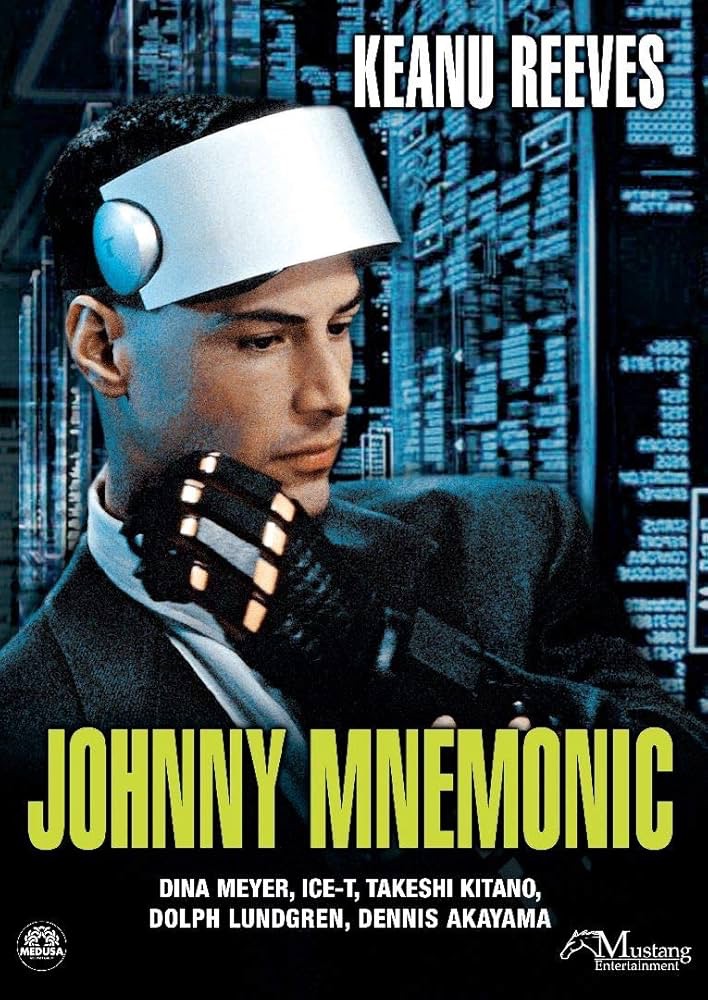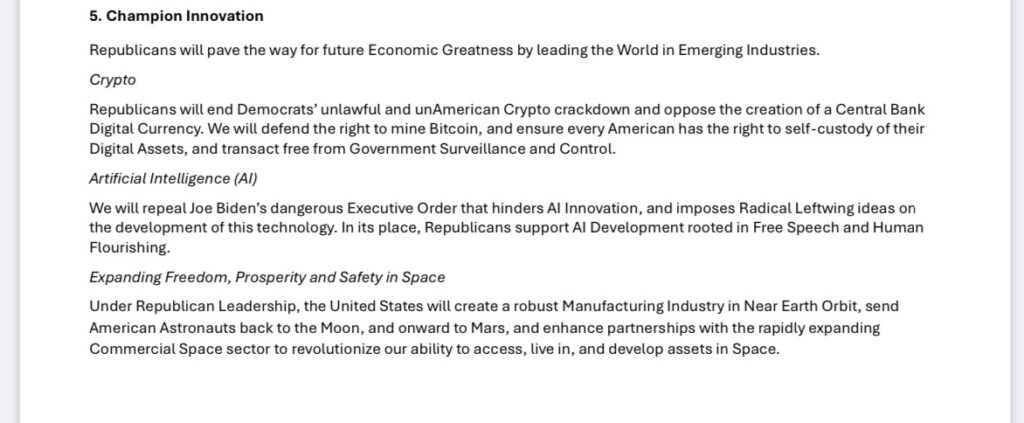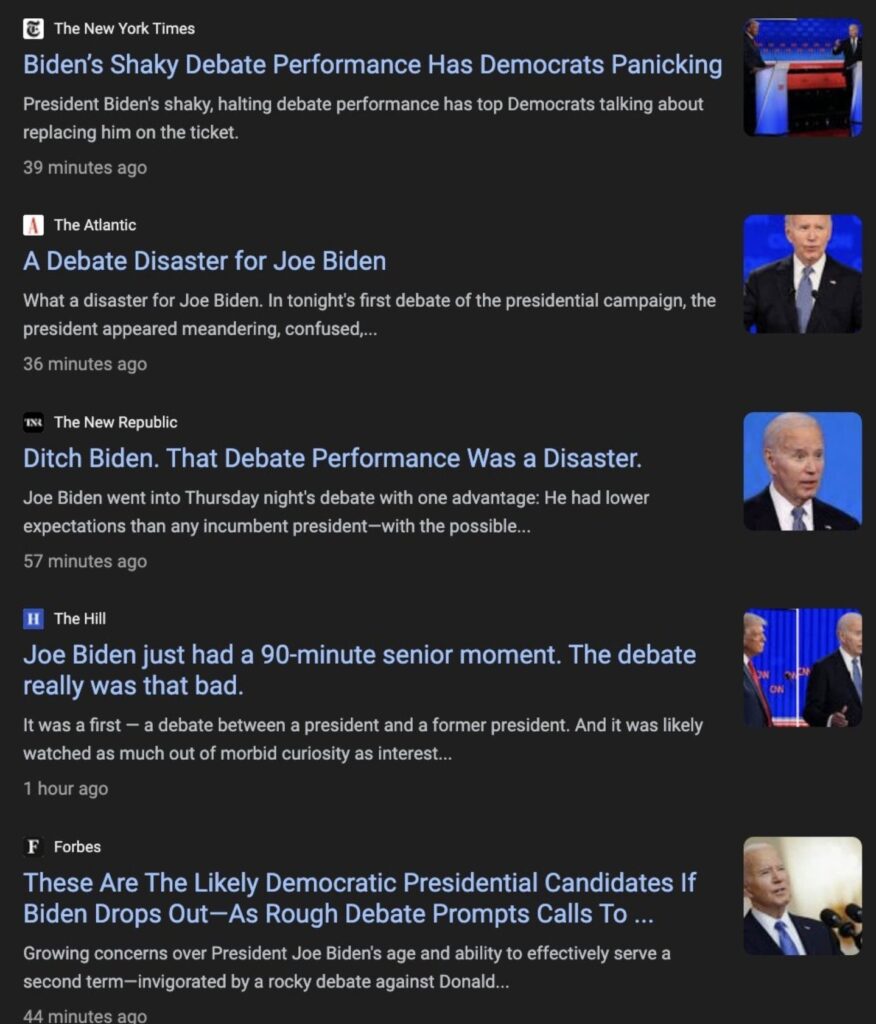Yesterday, Occulus and Anduril co-founder Palmer Luckey, posted a picture of him doing Nyan Neko Sugar Girl cosplay to his Twitter account. It’s a Fanime from 2010.

On the heels of a sympathetic long form essay in Tablet Magazine that went viral, Palmer posting friendly cat girl jokes on main was clarion call to the one demographic that really matters in America right now. Nerds are the entry into the elite class.
Every flavor of nerd is flexing their might. Autistic weebs are claiming their power in the American elite class. And our politicians ans generals should be thrilled. It’s not not a moment too soon to put the engineers in on the great game
Showing off your niche knowledge is a favored elite game. Millenials & Zoomers understand their reality is being built upon arcane information and have gone for the deep cuts to keep up.
While on Tablet I came across their coverage of the Democratic National Convention where bizarre communist fervor from identities as inscrutable as Zoomer Hoxhaists are on display. Enver Hoxha being the infamous (and possibly crazy) communist dictator of Albania and not a good guy. But clearly some idiotic online intellectual has to treat history as if it were finding a cool band.
So if you subscribe to hidden knowledge as social capital then it’s time to read up on Gaetano Mosca and the Italian school of elitism. For discourse watchers, they were notable anti-fascist thinkers.
If you made it through the marathon Joe Rogan episode interviewing Peter Thiel you might have caught the memes about Chimp Empire. Well turns out that’s topical and an approachable angle.
every society could be split between two social classes: the one who rules and the one which is ruled
The current elite class of interests has looked beyond our military industrial complex to to Silicon Valley. They have known for sometime if you want to beat the communists (or the fascists or the oligarchy) then partnering with the new nerd elite is now your move.
Don’t worry Douglas MacArthur was a red blooded American military man and a weeb. Autists long a good track record in defense innovation.
If you want an eye to the future then learn the ways of the weeb. Drone warfare and embodied habits? Take it a step further WinterMute. Your transgendered simulated intelligence running that drone was trained on green text and it’s time you learn to speak like a native of the hive mind.
Rise up cat girls! Now is the hour of the weeb. Do it for America. Do it for capitalism. Do it so we get some sick Mecha suits from Uncle Sam.



